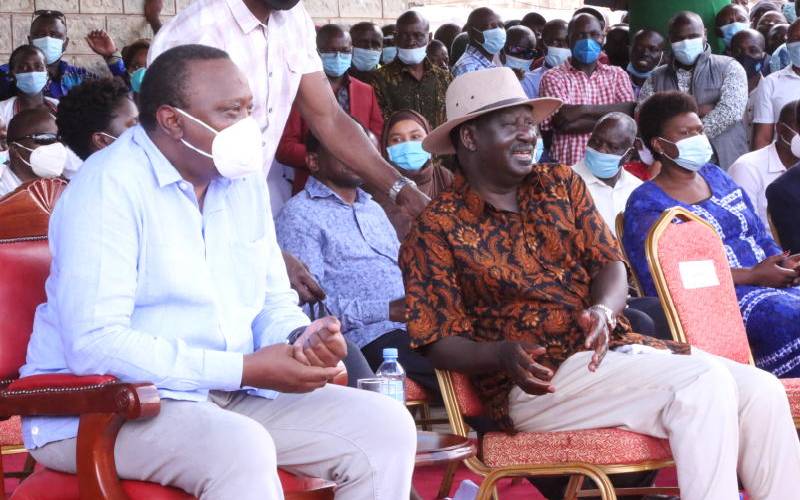×
The Standard e-Paper
Stay Informed, Even Offline

Governors have proposed a raft of changes to the Building Bridges Initiative (BBI) report.
After their sixth extraordinary Council of Governors (CoG) meeting in Naivasha yesterday, the county bosses called for the Senate to be strengthened by ensuring that it has veto powers on all Bills.